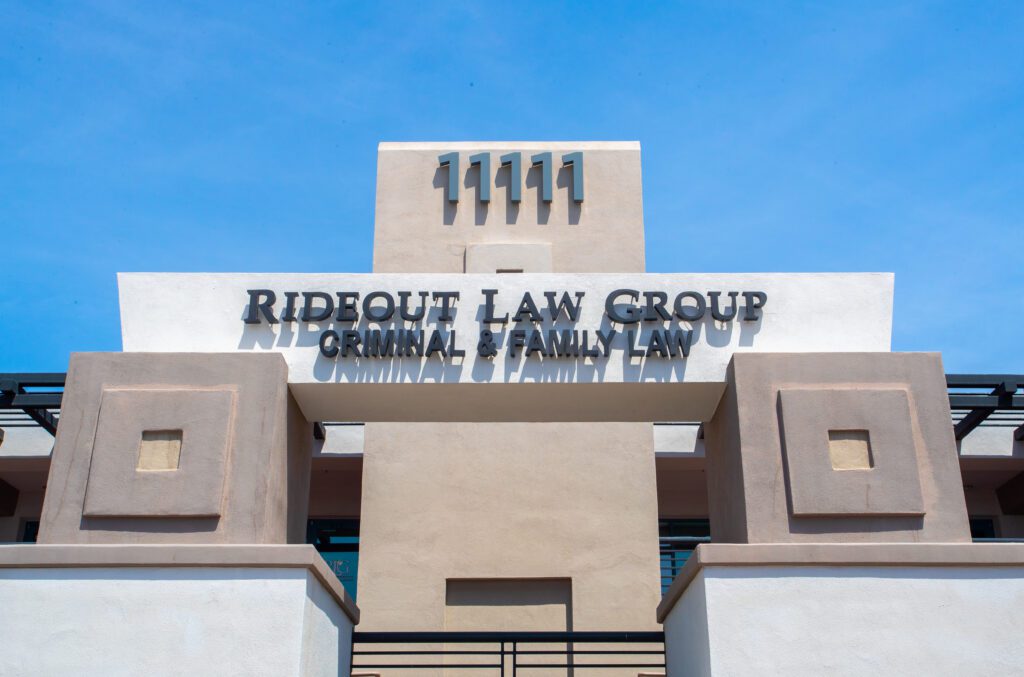Trafficking in Stolen Property: A.R.S. 13-2307
Trafficking in stolen property typically involves profiting by reselling property that has been stolen. This may be found in cases of credit card fraud, pawn shop schemes, and shady online or street reselling. According to A.R.S. 13-2307, trafficking in stolen property is a felony offense.
Trafficking in Stolen Property in the First Degree
A person who knowingly initiates, organizes, plans, finances, directs, manages, or supervises the theft and trafficking in the property of another that has been stolen is guilty of trafficking in stolen property in the first degree. First degree trafficking often involves pawn shops and other larger resellers.
This is a class 2 felony offense for which a first-time offender could be incarcerated for up to 12.5 years.
Trafficking in Stolen Property in the Second Degree
A person who recklessly traffics in the property of another that has been stolen is guilty of trafficking in stolen property in the second degree. Such charges may occur when an individual purchases an item for a low price that seems “too good to be true” without asking enough questions as to why the price is so inexpensive, often in online or street transactions.
This is a class 3 felony offense, for which a first-time offender could be incarcerated for up to 8.75 years.
Permissible Interferences for Trafficking in Stolen Property
According to A.R.S. 13-2305, in an action for trafficking in stolen property:
- Proof of possession of property recently stolen, unless satisfactorily explained, may give rise to an inference that the person in possession of the property was aware of the risk that it had been stolen or in some way participated in its theft.
- Proof of the purchase or sale of stolen property at a price substantially below its fair market value, unless satisfactorily explained, may give rise to an inference that the person buying or selling the property was aware of the risk that it had been stolen.
- Proof of the purchase or sale of stolen property by a dealer in property, out of the regular course of business, or without the usual indicia of ownership other than mere possession, unless satisfactorily explained, may give rise to an inference that the person buying or selling the property was aware of the risk that it had been stolen.
This statute allows a jury or judge to infer that a defendant was aware of the fact that the property that were dealing with was, in fact, stolen.
RIDEOUT LAW GROUP
With offices in Lake Havasu City and Scottsdale, our firm serves the entire state of Arizona, with a particular focus on criminal defense, family law, and juvenile cases.
Our goal is for the best outcome for your criminal case, which can include:
- charges that are reduced or dropped.
- top experts reviewing your case.
- aggressive negotiations with the prosecution for plea bargains.
- fines or probation in lieu of jail time.
At Rideout Law Group, our attorneys are able to expertly examine the evidence in your case to provide a strong strategy for argument that leads to an outcome that is most favorable to you. We have experience in all types of criminal cases for both adults and juveniles, with positive outcomes both in plea negotiations as well as jury trial settings.
Call us today for a free consultation at 480-584-3328.
